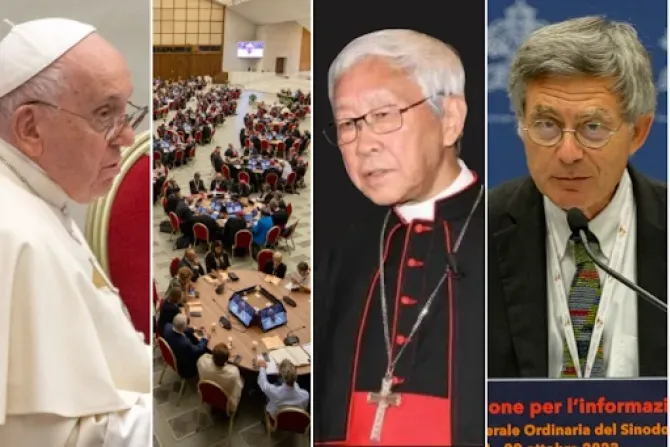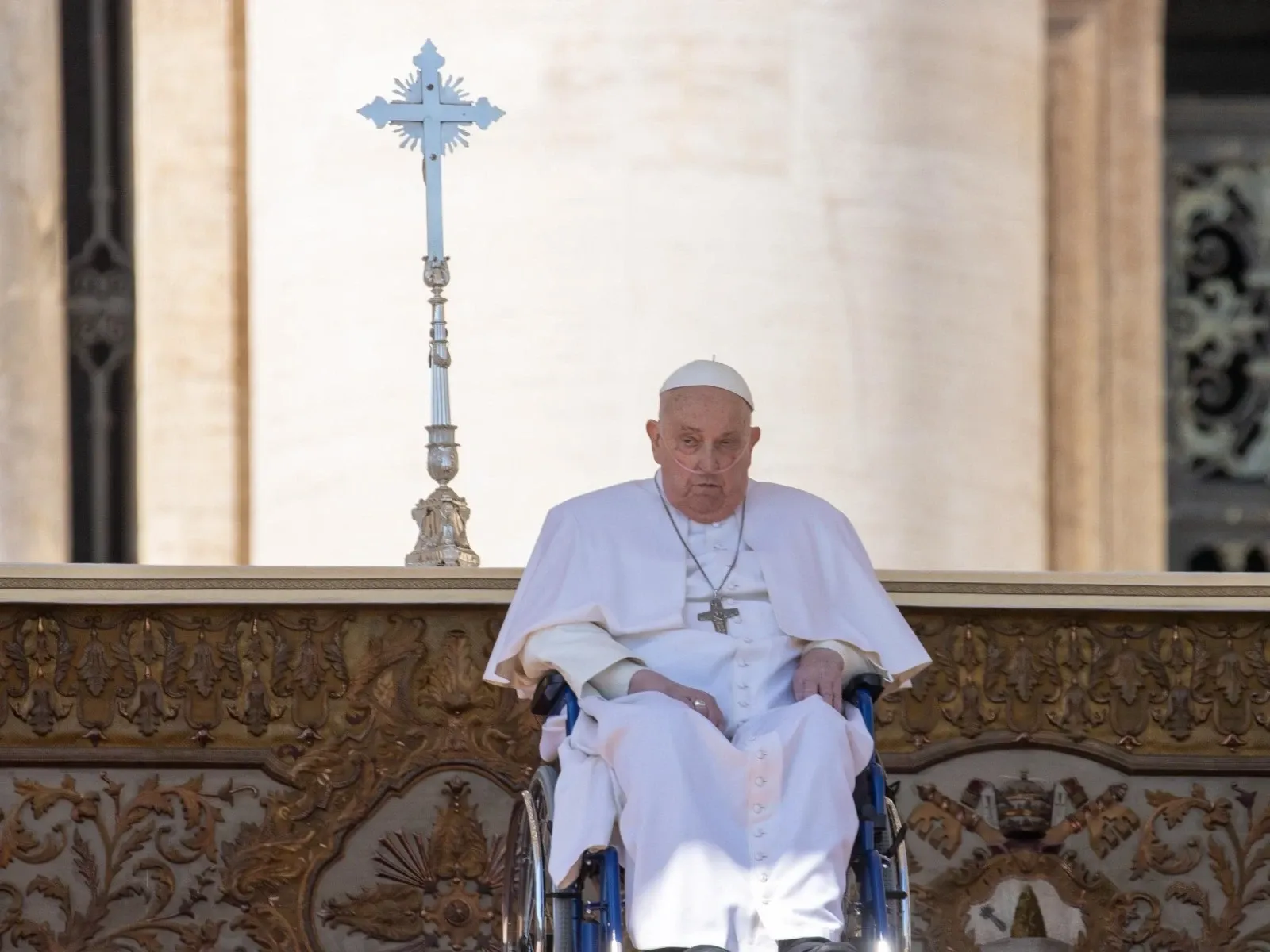The synod is not a parliament, but what about the votes?
During the opening Mass on Oct. 4 and on numerous other occasions, Pope Francis reiterated that the synod is not a parliament; decisions are not to be cast in votes; instead, there’s a divine discourse to be heeded.
In essence, there’s a palpable papal concern that public opinion might overshadow the synodal process, with disseminated information potentially swaying the synod fathers’ interventions, thus jeopardizing the synodal discernment process.
Synod’s hot-button topics and agendas
The Roman pontiff reminisced about the Synod on the Family, where public opinion, shaped by worldly concerns, clamored for Communion for the divorced. He pointed out that the Synod for the Amazon faced similar pressures regarding the ordination of married men, “viri probati.” Now, as speculations swirl around “What will they do?”, “maybe the priesthood for women”, conjectures from outside circles portray bishops as hesitant to share the unfolding events.
(Story continues below)
The spiritual retreat for synod participants — held Oct. 1–4 — commenced with a meditation by Father Timothy Radcliffe, who reflected: “During our synodal journey, we may fret over our tangible achievements. The media might deem it a futile endeavor, solely words. They will adjudicate if bold decisions are made on about four or five hot-button topics.”
Such fears echoed those prevalent during and after the Second Vatican Council. Pope Benedict XVI, conversing with Swiss bishops on Nov. 9, 2007, reminisced: “When I visited Germany in the 1980s and 1990s, I was solicited for interviews, and the questions were predictably about women’s ordination, contraception, abortion, and other recurrent issues.”
The late pontiff added: “Engaging in these discussions portrays the Church as merely a moralist entity with antiquated convictions, obscuring the true magnificence of faith.”
Today’s synod organizers strive for equilibrium amid the various agendas intersecting at the gathering. Hollerich, envisioning the future, points to a “road map” for the upcoming year, delineating areas of consensus and those necessitating deeper reflection, to respond to the Holy Spirit’s call. Yet, the road map also acknowledges the need for further contemplation along this reflective journey.
Dubia on the synod and what to expect
Pope Francis again reiterated in this context: “The synod is not a parliament.” Nonetheless, this synodal gathering ideally will link up with responses to the dubia of five cardinals by the Dicastery for the Doctrine of the Faith (DDF), endorsed by the pope. In the face of inquiries regarding possible doctrinal alterations, reinterpretations, and sacramental discipline for the divorced and remarried, the dicastery abstained from a mere “yes” or “no.” Instead, it sought to provide reasoned, comprehensive responses to specific situational analyses.
There may be concern over public debate and media framing, but such concern also points to other agendas. DDF prefect Cardinal Victor Manuel Fernández emphasized that “if reinterpreting implies a better understanding, then it’s the Church’s calling.”
However, the question of how to determine a “better” interpretation remains contentious, extending beyond merely changing the grammatical rules described by Hollerich.
For now, it may well be that it is not the Church’s doctrine that is being examined but primarily its perception.
Cardinal Zen’s disquiet over synod tactics and agenda
This sentiment is widely shared, so much so that Cardinal Joseph Zen, the bishop emeritus of Hong Kong, dispatched a lengthy letter voicing concerns and alleging organizers were skilled in “the art of manipulation.”
Zen criticizes the synod’s methodology, highlighting that initiating with smaller circles poses challenges, as the general assembly is where crucial controversies emerge and require resolution. The Synod on Synodality should not avoid honest, spirited discussions, Zen wrote, since open, robust dialogue — much like during Vatican II — is required for the Holy Spirit to truly work at the gathering.
Ultimately, the latest dubia and Zen’s letter become part of the very life of the synod. Under Pope Francis, the gathering has shifted from being a one-time event to an ongoing process. Now, the challenge is for the bishops to decide if they should discuss their ideas openly in the meeting hall. Some will do it freely, giving a glimpse of light to a dark process. Others will prefer to maintain absolute confidentiality, making it impossible to understand the mood of the synodal assembly.
Indeed, communication plays its own particular role in the synod. Although there’s a rule of keeping things confidential, this might backfire on the synod’s General Secretariat. The synod is about private discussions, not secret ones — it’s a gathering for all, during which Pope Francis will clarify what he wants to see done.
Andrea Gagliarducci is an Italian journalist for Catholic News Agency and Vatican analyst for ACI Stampa. He is a contributor to the National Catholic Register.








